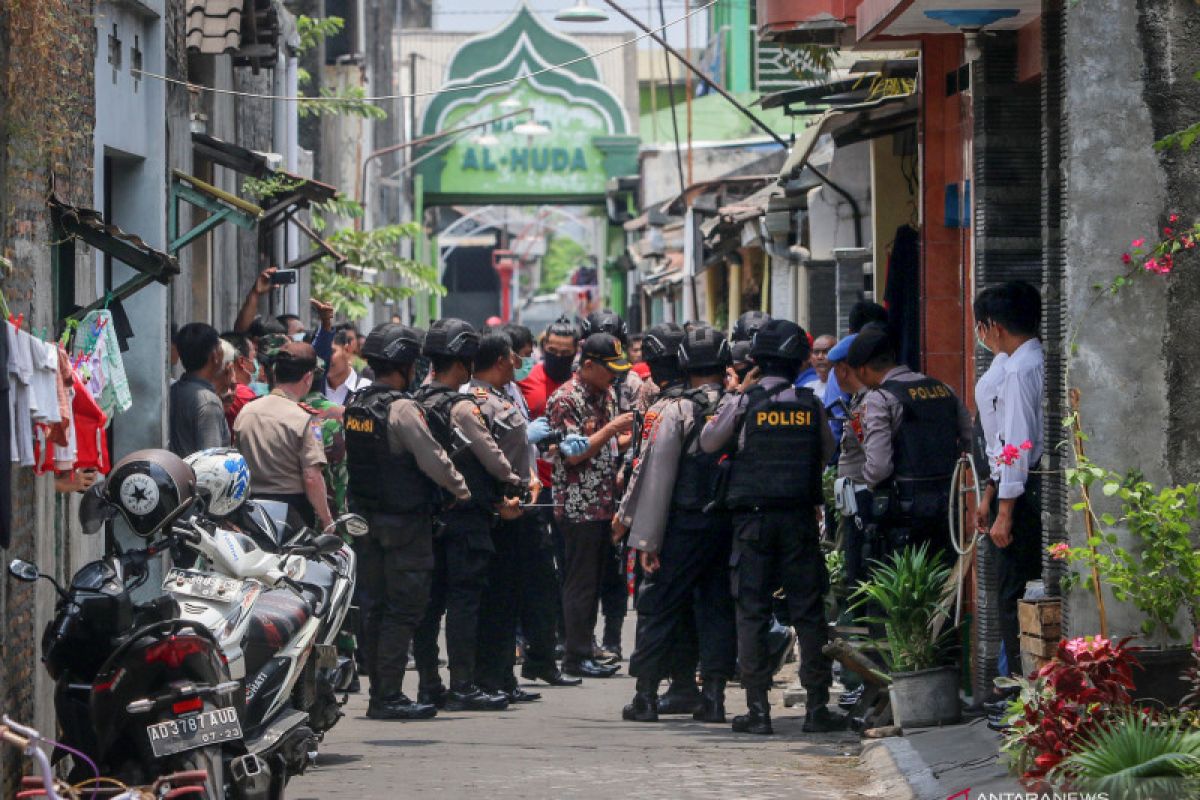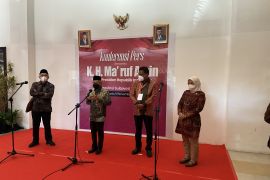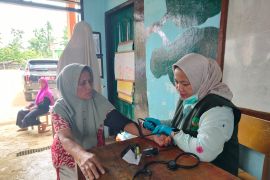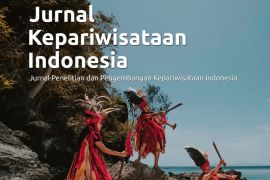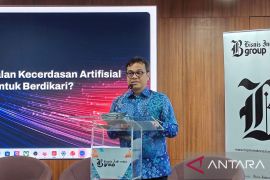An appropriate understanding of the subject is imperative for people who are involved in the efforts to negate religious radicalism and deradicalization and make it a success, he said.Purwokerto, C Java (ANTARA) - Deradicalization efforts in Indonesia cannot come just from law enforcement agencies, but attempts should be made to deradicalize targeted members of communities while engaging other related stakeholders, a political scientist has said. "The deradicalization efforts cannot just be made by security personnel alone," Head of the Jenderal Soedirman University's Faculty of Social and Political Sciences Luthfi Makhasin said here Tuesday when commenting on the issues of radicalism in Indonesia.
An appropriate understanding of the subject is imperative for people who are involved in the efforts to negate religious radicalism and deradicalization and make it a success, he said.
Conceptually, radicalism has nothing to do with any religion but, in the aftermath of the deadly attacks on New York's Twin Towers in 2001, which was followed by a war on terror campaign, it became connected to religion, Makhasin said.
The National Counter-Terrorism Agency (BNPT) itself also adopted the term "religious radicalism" when referring to the non-mainstream understanding of religious teachings.
The main characteristic of religious radicalism is related to "Takfiri" or declaring that someone is no longer regarded as a Muslim while from the ideological point of view, the radicals want Islam to replace Pancasila as Indonesia's state ideology.
In political perspectives, radicalism is an effort to ruin the political structure of state and nation, he argued.
Thus, the strategies that the related government and non-government agencies take and implement in their deradicalization programs need to consider the nature of the targeted individuals and groups.
For those religiously radicalized, moderate Muslim leaders and figures need to engage more intensively with them in the deradicalization efforts because they are expected to challenge the "takfiri" concept.
For individuals or groups of people who are ideologically radicalized, media campaigns and education may be adopted as part of the strategy, while those politically radicalized may be approached through political means to make them understand that the Unitary State of the Republic of Indonesia (NKRI) is final.
So far, the deradicalization efforts in Indonesia have worked but they need to be intensified, for example, through the school curriculum and mass media campaigns, he said. (INE)
Related news: Build narrative of harmony to stamp out radicalism: VP Ma'ruf
Related news: Religious affairs minister urged to strongly tackle radicalism
Translator: Sumarwoto, Rahmad Nasution
Editor: Suharto
Copyright © ANTARA 2019
